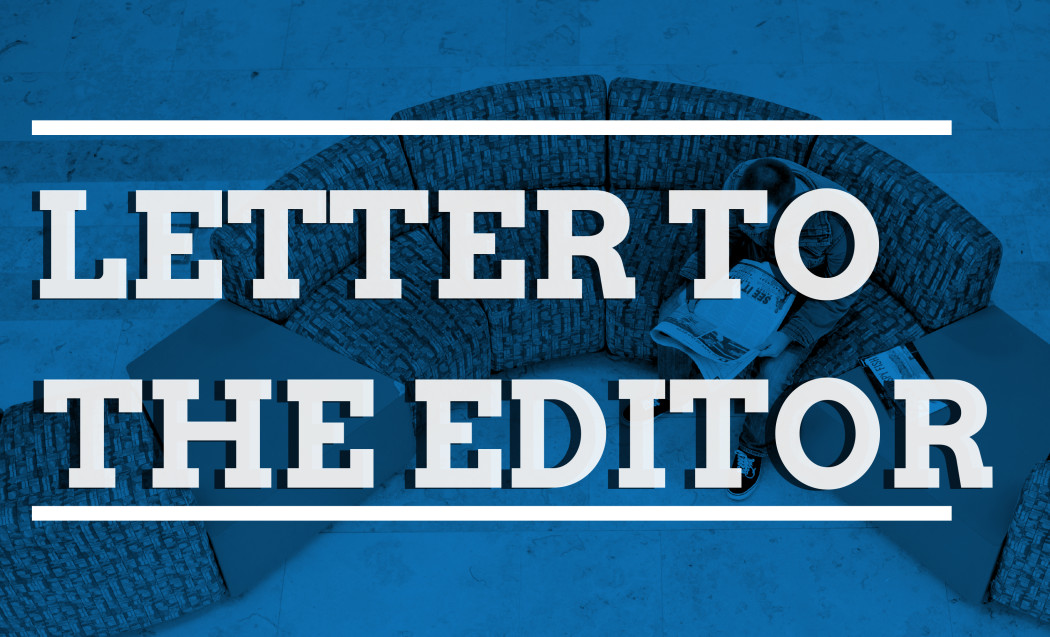Letter to the editor: A Call For Political Neutrality
Editor’s Note: To submit a response to this column, or submit a letter to the editor on a new topic, email your submission to opinion@usustatesman.com.
Recently, we received an email from the University’s “Division of Student Affairs,” which detailed the University’s stance on the George Floyd tragedy. While we, too, support all who peacefully protest and honor the memory of George Floyd and condemn police brutality of any kind, we are disturbed by Utah State University’s overtly political stance stating: “We firmly believe that racism and unequal treatment in every form are not simply problems for our communities of color, but are deep-rooted, systemic issues,” and “the death of George Floyd have exposed the deep damage that exists within our communities because of generations of inequity and systemic racism.” As a publicly-funded institution, the University’s role is not to take a stand on political or controversial subjects—especially one as groundless as systemic racism.
Certainly, discrimination of any kind should not be tolerated, regardless of the forum. And a message from the University stating as much would have been appropriate and appreciated. But the University’s message went well beyond a message of support and hope. Instead, the statement supports the notion that those of us who are not minorities, by default, oppress and discriminate against all others who are. This blanket position is the very epitome of racism—judging the character and/or merit of an individual based solely on his or her immutable traits.
We denounce racism in any form, and strongly support racial equality in the United States. But we also recognize that this country is a place where all hard-working people—regardless of race–can flourish. Charges of “systemic racism”—especially when validated by academic or professional institutions, only accentuate and perpetuate divisions between cultures. These divisions highlight differences, underscore “separateness,” and reinforce stereotypical positions.
Again, we strongly agree with the University’s stance that racial inequality is wrong but feel the politically charged nature of the letter’s wording was highly inappropriate.
We write this letter to remind the University’s administration of its responsibility to remain politically neutral, supporting all students regardless of race, background, or political persuasion. The University cannot be an institution of free learning and engagement while it endorses radical and statistically inaccurate beliefs. We love Utah State University and feel it should be a home for ALL students regardless of political party or ideological background.
Signed:
Thomas & Jared Young – Authors
Karson Thompson – USUSA Young Americans For Freedom Chairman
My name is Thomas Young, I am a junior here at USU, I am Majoring in Chinese language and literature, with a minor in Political science. Jared Young is my younger brother and currently a sophomore at BYU he is majoring in economics with a minor in Computer science. Karson is the president of Young Americans For Freedom foundation and represents the USU chapter of the group.


This is a really bad take. If you really supported the BLM movement and racial equity/equality, you’d look at the history of how systemic racism and police brutality have existed on an institutional level from the time that this country was founded.
In their statement, the University appropriately addressed the systems, not individuals, making it unfeasible for everyone to enjoy the “free learning and engagement” of a higher education institution. As a place of learning, it is absolutely necessary that our USU community critically confront and educate ourselves on these very real issues. As it is often not required for majors outside of the Humanities, I highly suggest taking a course in gender, ethnicity and race or any of the sociology classes before graduating.
As well, here is a free resource from Harvard on African American History from the country’s inception to now. Never stop learning.
https://oyc.yale.edu/african-american-studies/afam-162?fbclid=IwAR0BrPdARgJ1fwv2tmoQGIoQAcV6g7O_O88zdW2PEoa4zRAH6ykPGMMlE-M
As well as some reading suggestions
On Race:
So You Want To Talk About Race by Ijeoma Oluo
White Like Me by Tim Wise
Inequality in the Promised Land by R. L’Heureux Lewis-McCoy
On Class and Opportunity:
Our Kids by Robert D. Putnam
Outliers by Malcom Gladwell
The Price of Inequality by Joseph Stiglitz